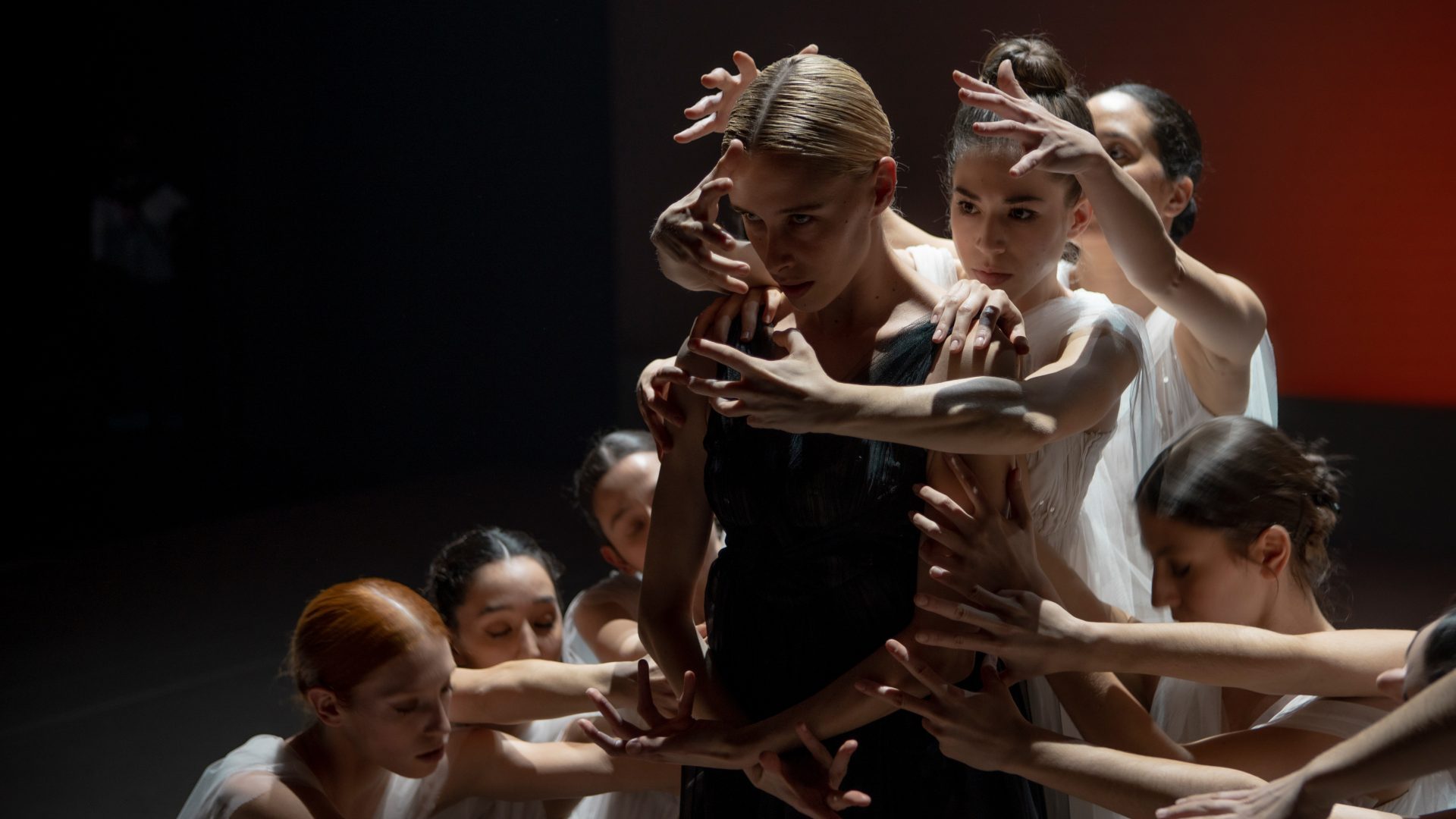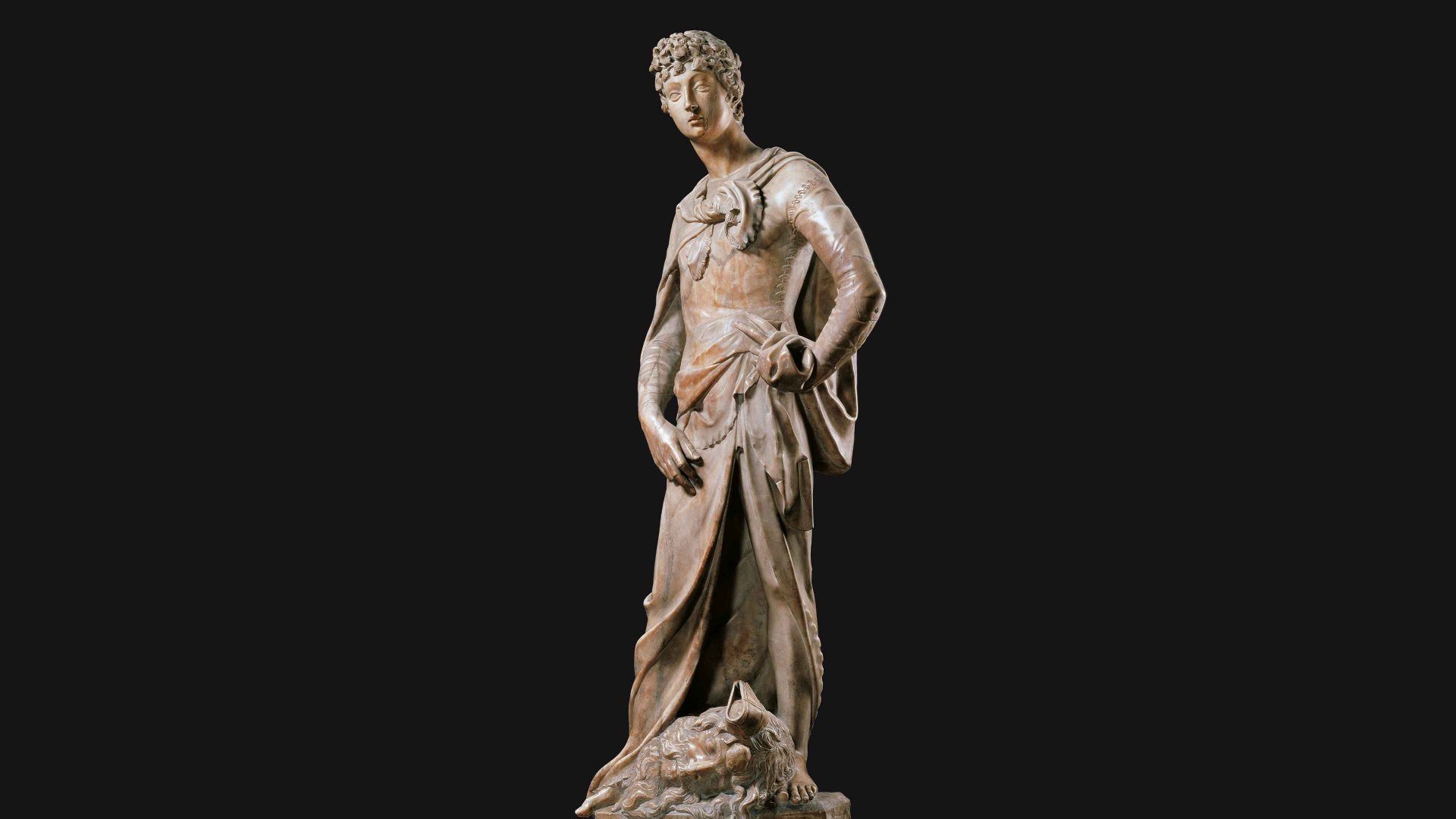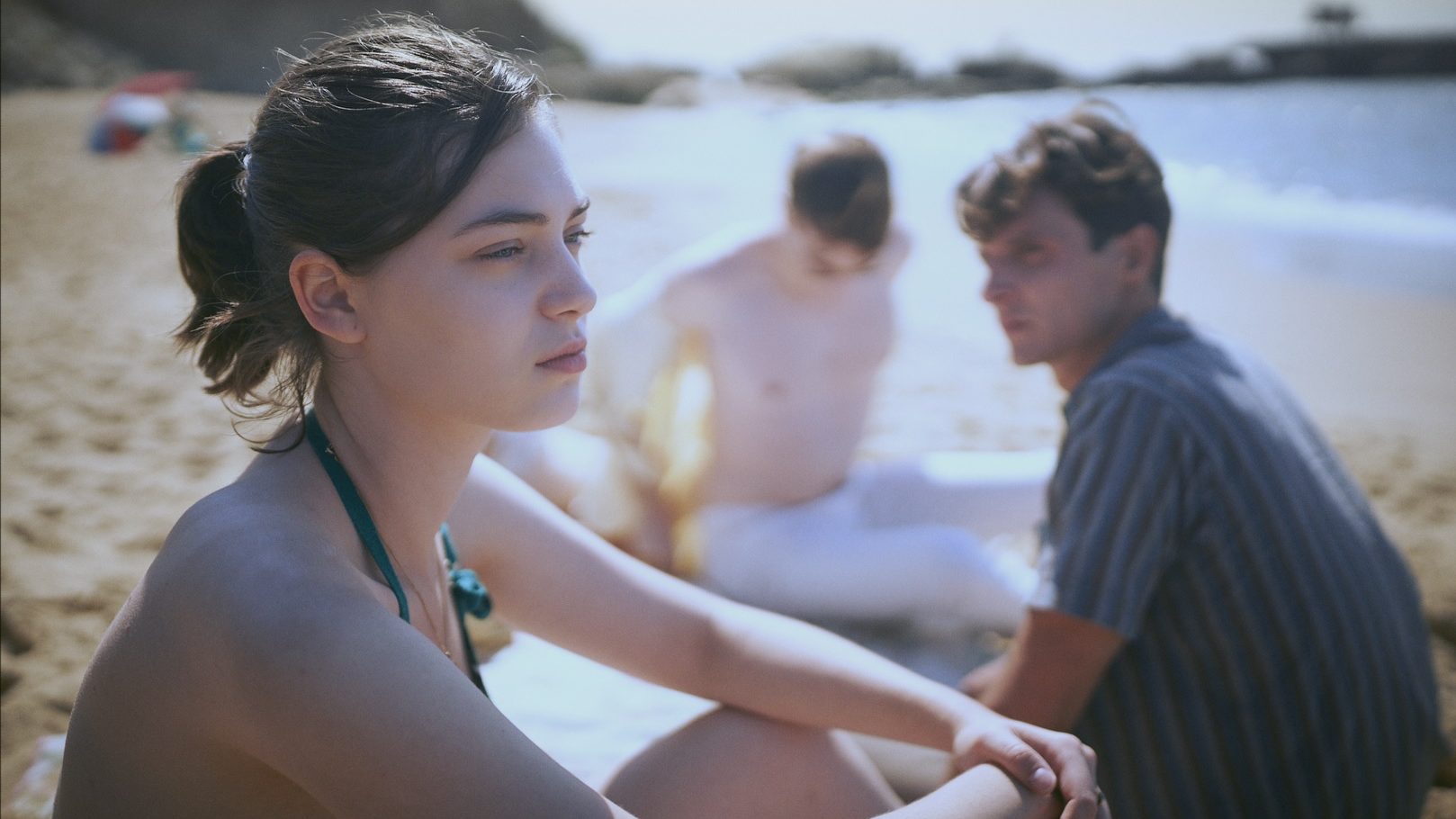In my childhood, I perceived ballet as a drearily banal enterprise pursued by the most insipid little girls – a prissy waste of time festooned in pink things and frivolous decoration. This impression was drawn not from real life, where to my knowledge I didn’t know a single person who ever did it, but from the generic watercolour renditions on the covers of twee novels and on stationery and wrapping paper. Despite then being myself an appallingly weak and unfit child, I would have taken anyone with an interest in ballet to be substantially wimpier than me, by virtue only of these aesthetics.
In the years since, my idea of ballet has been reconfigured as something very different after the discovery of cinematic depictions of its practice as something far darker and more complex, but also after a changing culture has begun to reject secrecy and abuse in creative industries. Black Swan was the first of these for me, and remains after a recent re-watch as seductively bonkers as I found it to be in 2010. That led me to Suspiria, the 1977 Dario Argento horror set in a German dance academy, and another 1977 gem called The Turning Point whose portrayal of interpersonal and intergenerational female jealousy and competition may not quite qualify as horror but which nevertheless made me deeply uncomfortable.
Beyond the movies there have been a plethora of real-life horrors exposed within the ballet world over the past two decades. Individual instructors
across the world have been accused of a range of abuses towards their students, including grooming, sexual assaults and physical attacks. On a
more pervasive institutional level, schools have been accused by former staff and students of fostering an environment of normalised eating disorders and torturous bodily interventions made in an attempt to approximate the singular, “perfect” physical form. This is a culture where there is no space for individual variance, let alone weakness or discomfort.
Dancing on Glass, a Spanish film recently released to Netflix after premiering at the Málaga Festival, is a worthy and sometimes dazzling new addition to the canon of horrifying ballet depictions. Though its narrative adherence to a number of set tropes can be wearying at times, the central performances are so exceptional that even moments of outright cliché are often elevated to something moving and beautiful. Irene (María Pedraza, also in Money Heist) has been promoted to lead dancer after her ballet company’s former star Maria kills herself. Accomplished and fierce Ruth, the former best friend and lover of the tragic Maria, was seen by all as the natural inheritor of her position, so Irene is beginning an impossible task from a position of disadvantage. Performing Giselle, her troubling fixation on her body begins to increase in intensity, and the pressure exerted by the alluringly cold, cruel head of the company Norma (Mona Martínez) takes its toll on her mental wellbeing.
Providing some comfort during this descent into darkness is a new friendship with a recent recruit to the company, Aurora (Paula Losada). Vulnerable, intense, with an astonishing face of open anguish like a forgotten silent film star, Aurora is fascinating to look at and the brutal dedication the two girls share bonds them into an increasingly porous dream world, one which both threatens their real life and provides enough sustenance for them to endure it.
The interdependence of ugliness and beauty is the key thing here, and in the appeal generally of stories about the hardship of this art form. Norma tells her pupils that they will put in years of dedication for only a few seconds of perfection, nothing more, but that those seconds will live on in the memories of those watching forever. For most people, the idea of squandering years to pain and unhappiness for the possible chance of creating momentary beauty is absurd, but to a certain kind of artist, the amount and quality of pain involved with achieving greatness is irrelevant – there can never be suffering which goes too far, because the moment of beauty is the only thing in life that has any meaning.
The little girl fetishisation of prettiness which repelled me as a kid, is made into horror by being pushed to its furthest conclusion, one where the girl will ingest and withstand any amount of actual ugliness to merely give off the appearance of beauty.
Dancing on Glass is obviously drawn almost entirely from the Black Swan playbook and yet there is something strikingly original happening here too, in the moments where the banal tedium of self-punishment is relieved by fantastical interludes between Irene and Aurora. Their friendship is seen as the ultimate solace in the end, rather than the strict definition of beauty they have long since been stuck with.




